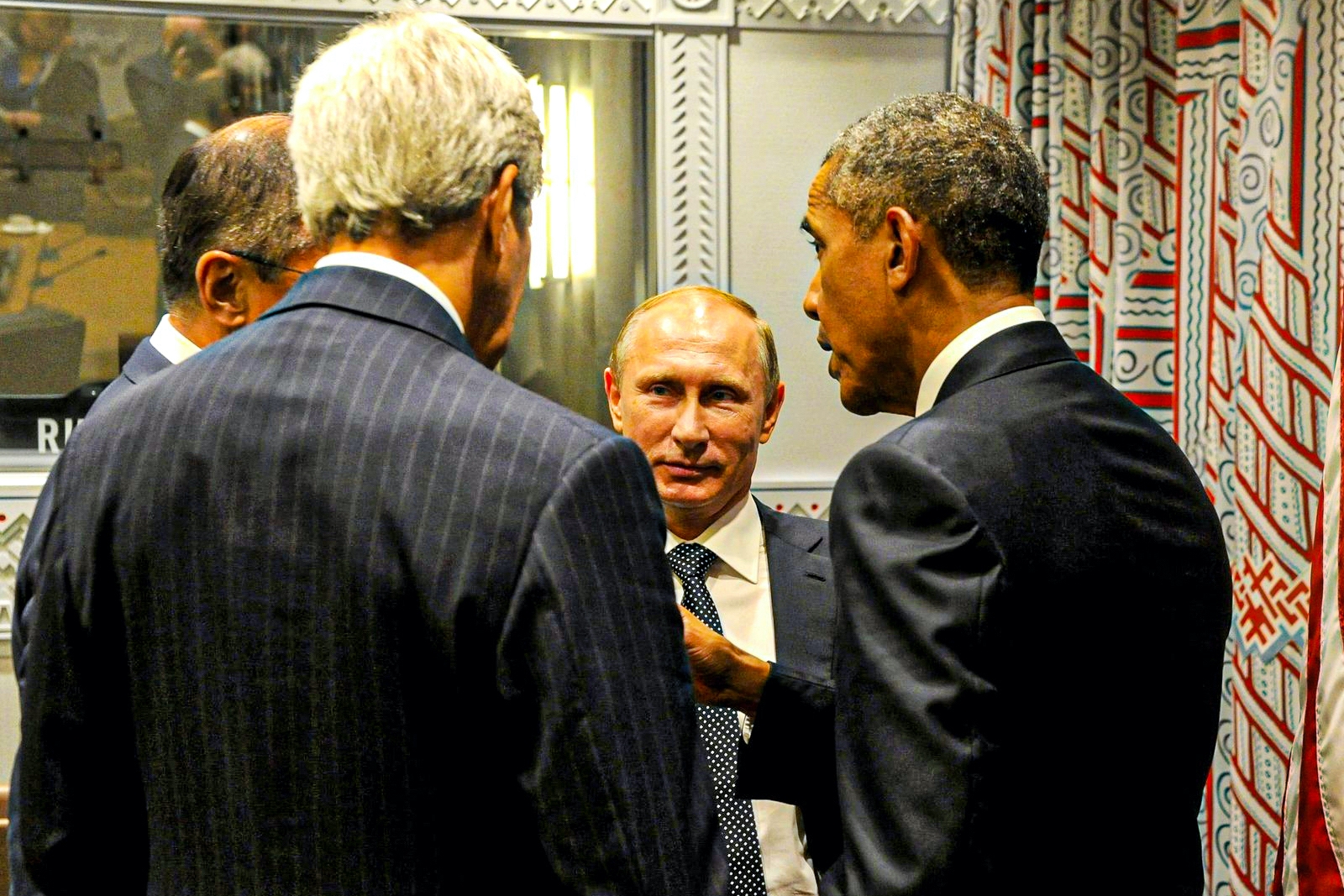
How to Read Vladimir Putin
It was the sinking of the Russian submarine, the Kursk, in 2000 that first prompted Vladimir Putin to reveal critical elements of his personality to the world. Since then, the Western media have generally characterized him as a heartless bully bent on challenging the West. While various Western experts claim to have insight into Putin’s thinking, in reality, few do. A big part of the reason is that so few view Putin through the prism of his upbringing, and Russian history, which is critical to getting Putin right.
By Western standards, he came from nothing. Excelling at judo presented Putin with his first opportunity to become something more than an average kid living in communal housing. During his martial arts training, he became more reactionary and disciplined. He calculated maneuvers on the mat, waiting patiently to take an opponent down, which made his mind more focused and goal-oriented. Like so many Russians raised during the Soviet era, Putin was driven by opportunity, which is not the same as greed, but rather, a survival instinct.
As a child, Putin knew he wanted to be a KGB agent. He subsequently devoted 16 years of his life to being a Soviet spy, which allowed him to supplement his judo skills with calculation and precision. Putin equated being a KGB agent with a deep love for the Russian state, which is why he often refers to himself as “a servant of the state.”
As he noted in his memoir First Person, Putin felt abandoned when the Berlin Wall fell in 1989 while he was stationed in Germany. It was a pivotal point in his life that proved instrumental in shaping his worldview as president and prime minister.
The memory of the shock at receiving no response from Moscow after the Berlin Wall fell, combined with his fear and shame following the break-up of his once-great nation, have pervaded his psyche and been instrumental in his desire to reconstruct a new, better Russia.
Putin is a statist who wants to safeguard a strong and great Russia. As such, his actions in Crimea should be no real surprise, particularly as most Russians view Crimea as historically part of Russia; they are simply taking back what was theirs until 1954 while preserving the ability to project Russian power.
Putin is being consistent with his training. His thought process is not driven by Western principles, but, rather, realpolitik. Putin carefully calculates the potential costs and benefits of his actions well before acting, and accurately assessed there would be few meaningful costs attributable to annexing Crimea.
Our best guess is that Vladimir Putin is smart enough not to go any further in attempting to militarily manipulate the order of Russia’s western flank. Given NATO’s mutual defence pact, it is inconceivable that Putin would invade Estonia, Latvia, or Lithuania, and he also knows that an invasion of Ukraine’s eastern provinces would probably be met with a military response from Ukraine. For that reason, he will consolidate his gains in Crimea, satisfied with the knowledge that he got what was most important to him at relatively little cost, and that he exercised his plan with precision and bravado.


